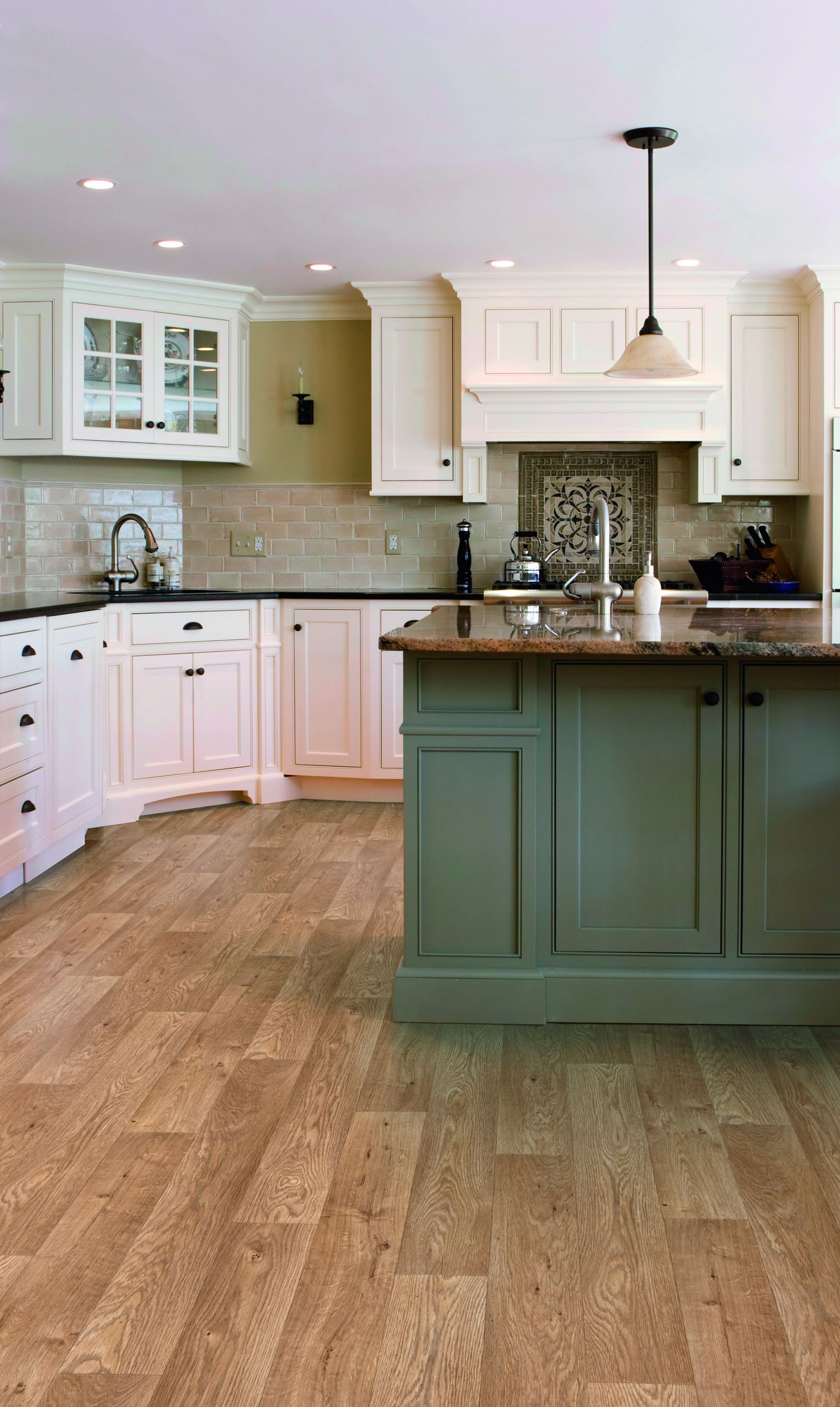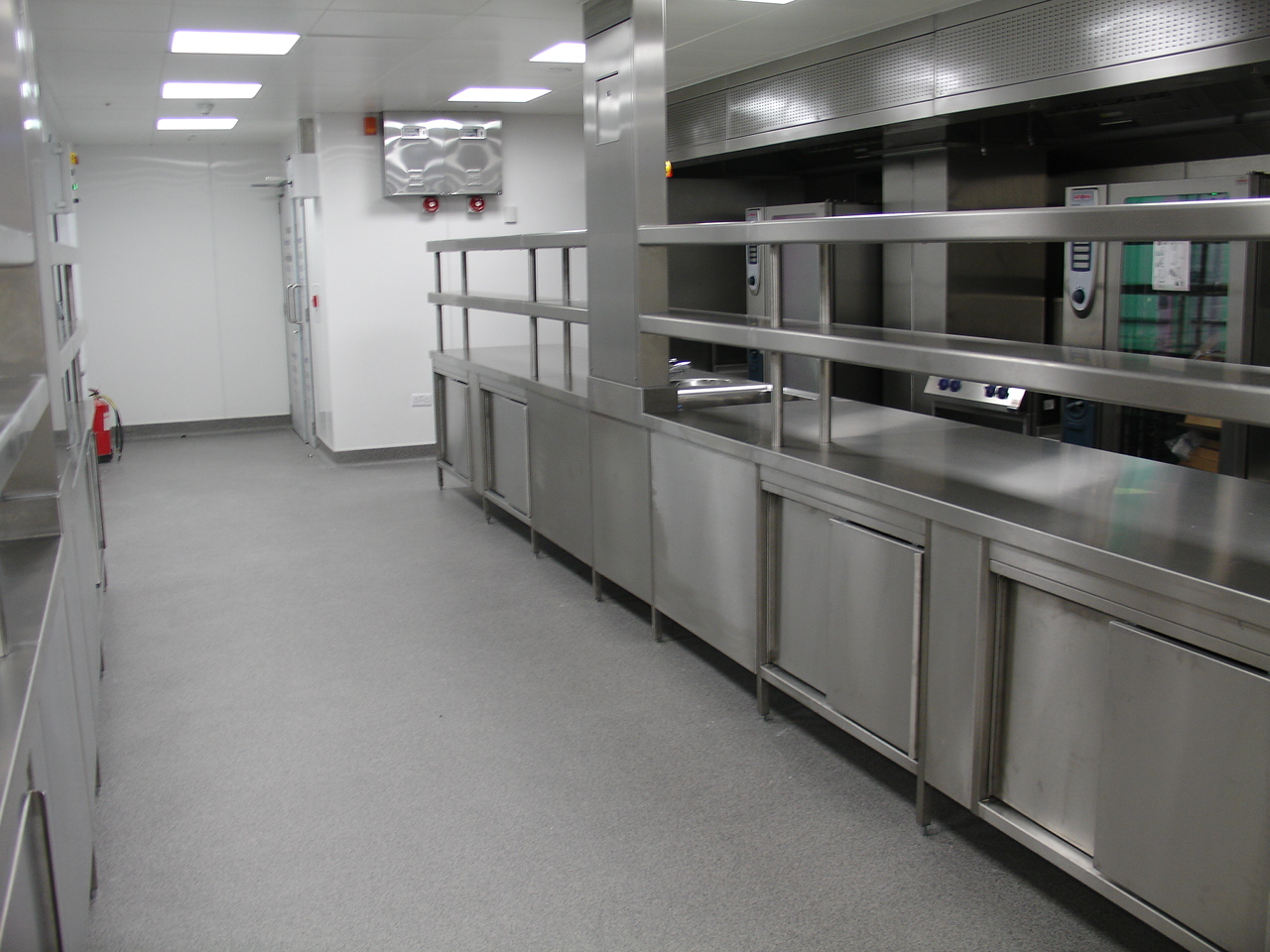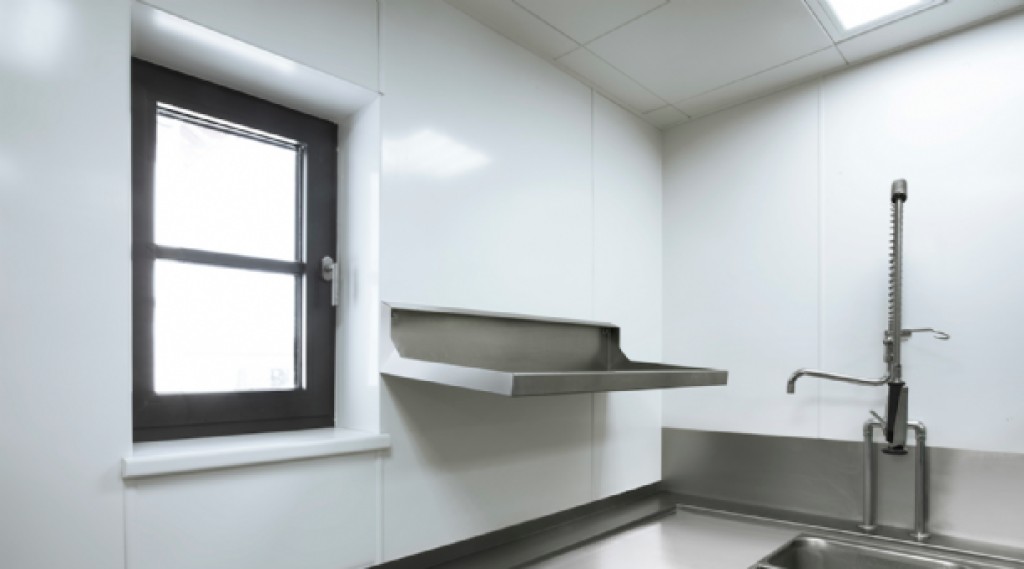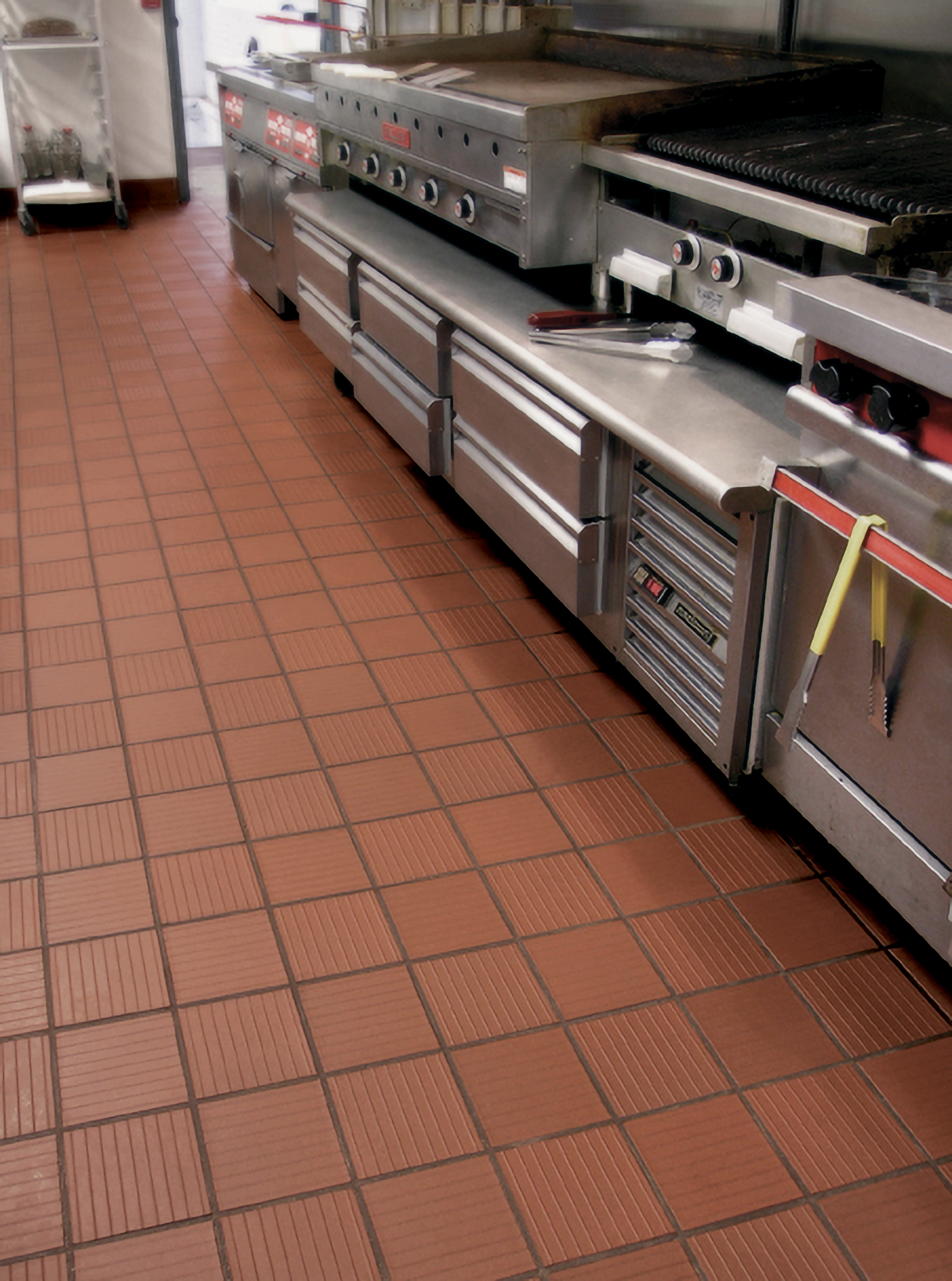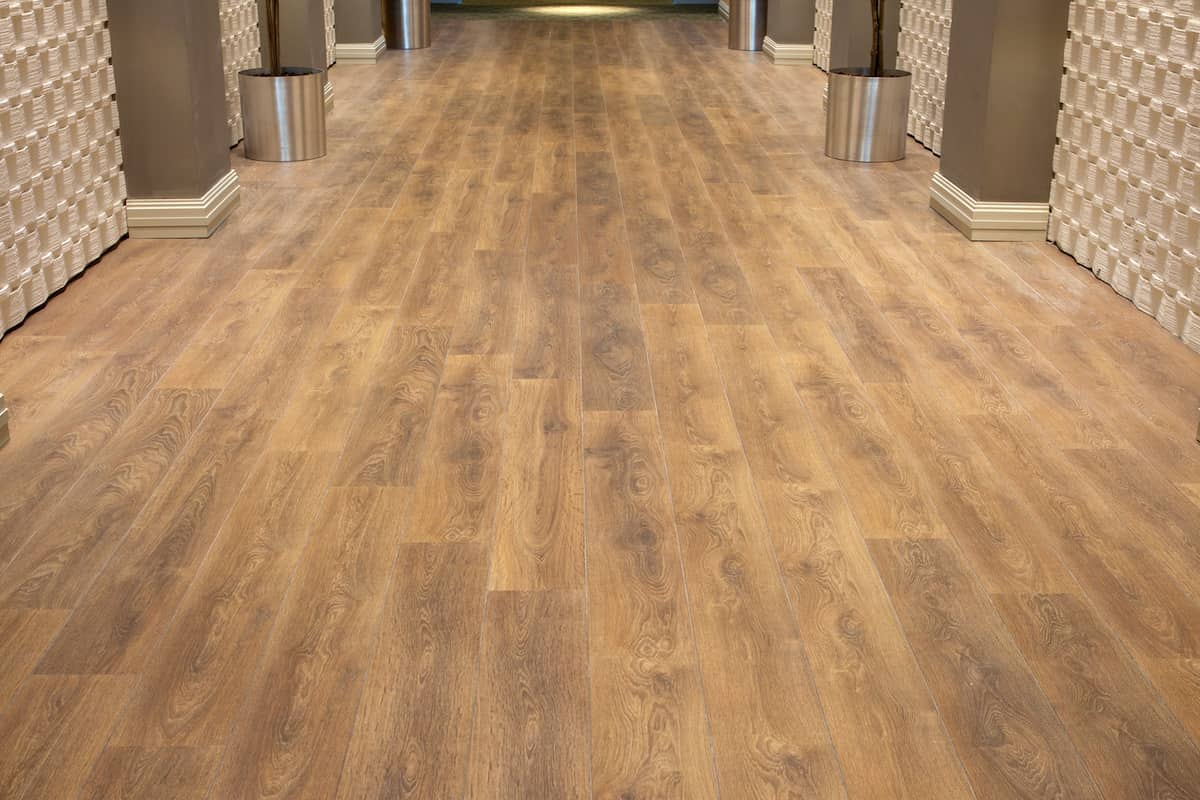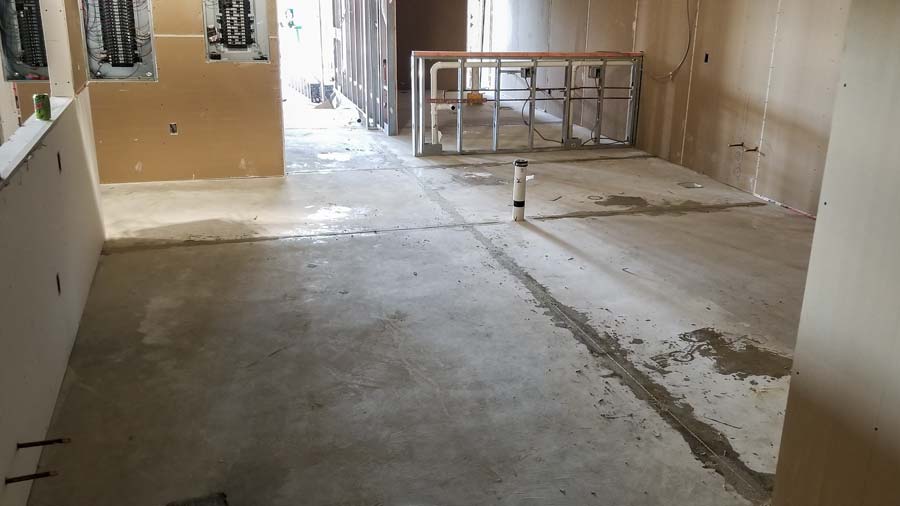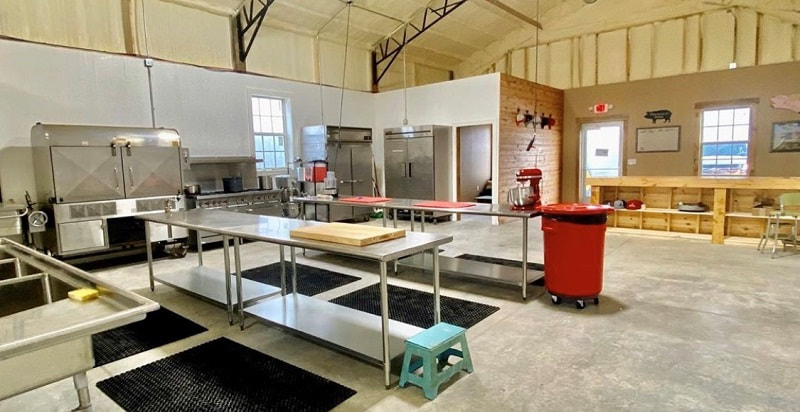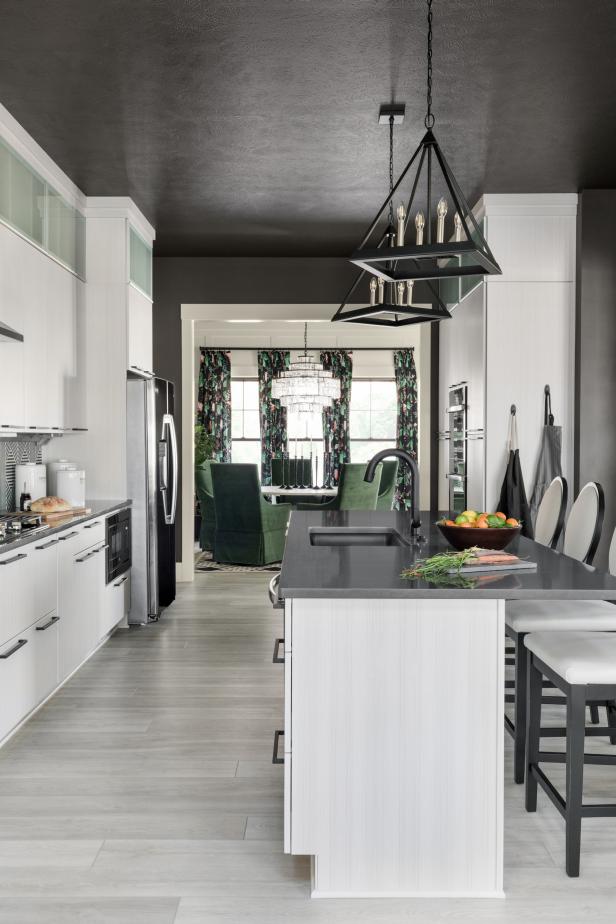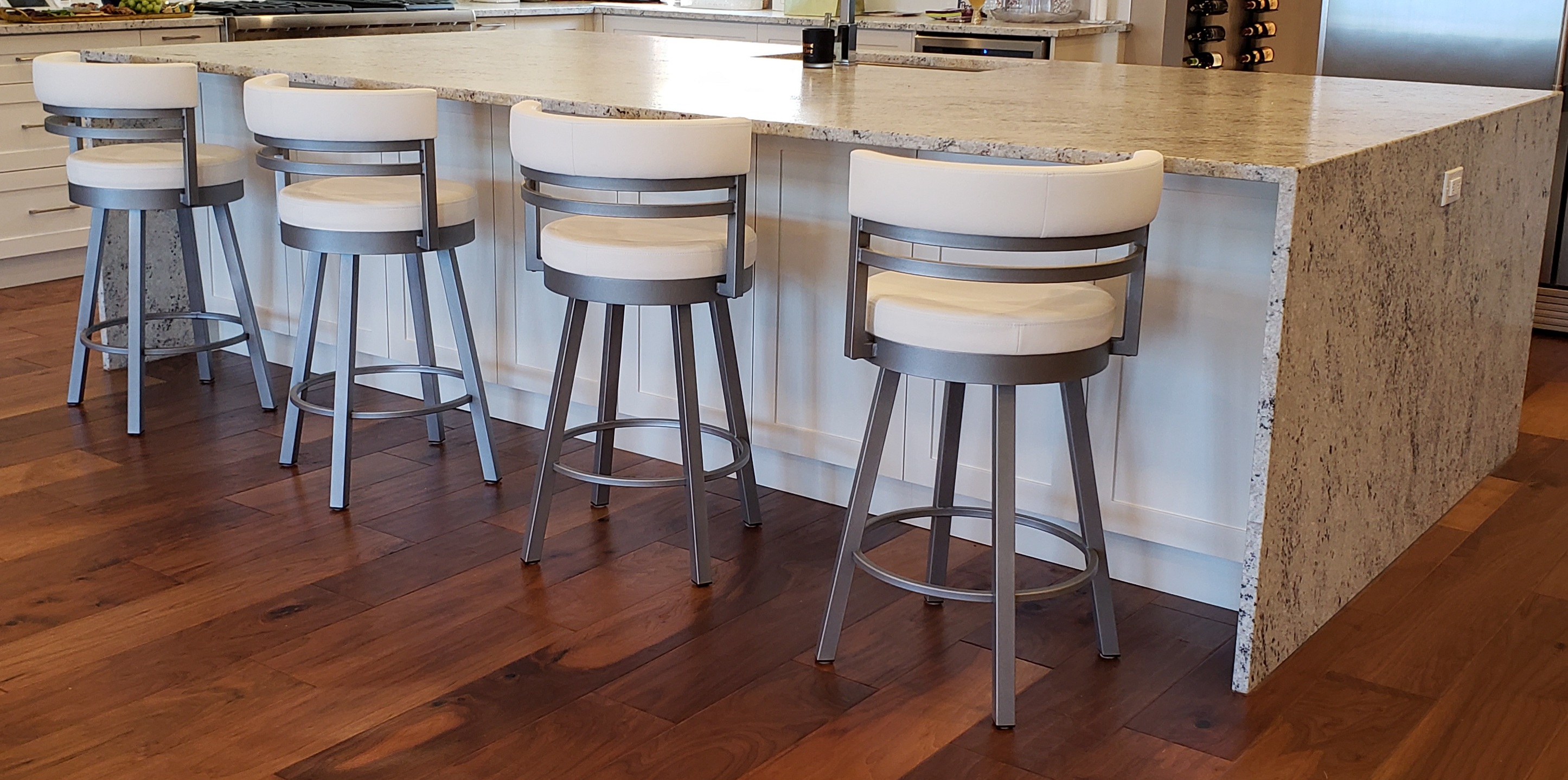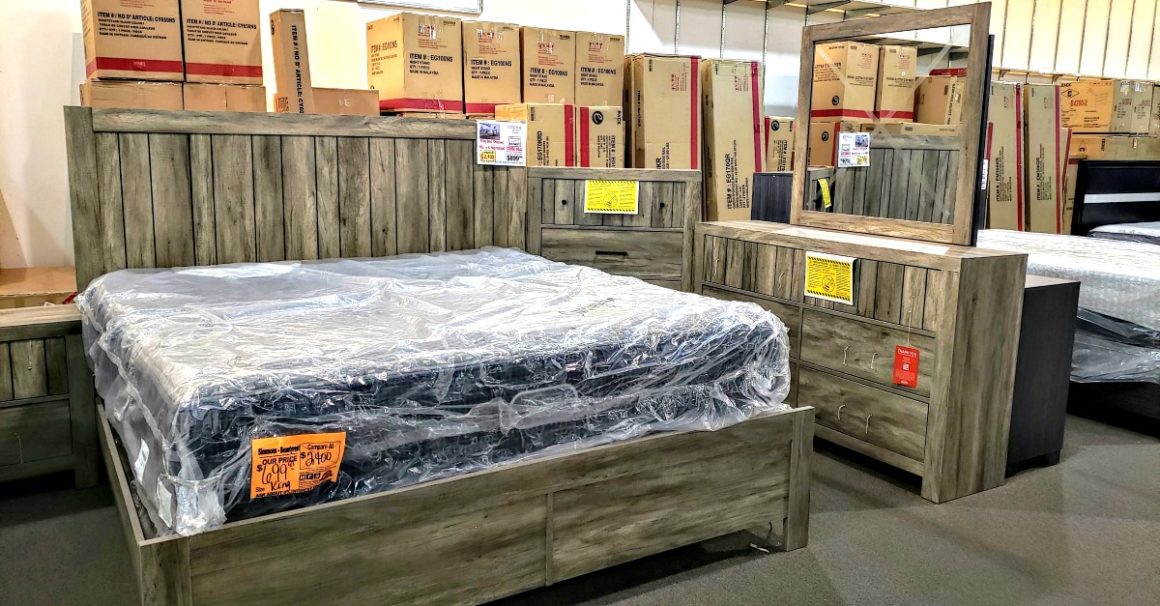When it comes to designing a commercial kitchen, there are a lot of factors to consider. One important aspect is the choice of wall and floor coverings. These surfaces are not only responsible for creating a clean and hygienic environment, but they also play a key role in the overall aesthetics and functionality of the space. With that in mind, it's crucial to choose the right materials for your commercial kitchen walls and floors. In this article, we'll discuss the top 10 options available in the market, their pros and cons, and how to properly install and maintain them.Commercial Kitchen Wall and Floor Coverings
Before we dive into the different types of commercial kitchen wall and floor coverings, it's important to understand their purpose and what to look for when making a decision. The primary function of these coverings is to provide a durable and easily cleanable surface that can withstand the demands of a busy kitchen environment. They also need to be resistant to water, heat, and chemicals, as well as have anti-slip properties to ensure the safety of staff.Commercial Kitchen Wall and Floor Coverings: What You Need to Know
1. Ceramic Tiles 2. Vinyl Flooring 3. Epoxy Flooring 4. Stainless Steel Panels 5. Brick Veneer 6. Quarry Tiles 7. Concrete Flooring 8. Plastic Wall Cladding 9. Corian 10. Natural Stone TilesTop 10 Commercial Kitchen Wall and Floor Coverings
When it comes to durability, ceramic tiles are one of the best options for both walls and floors. They are resistant to water, heat, and scratches, making them perfect for high-traffic areas. Vinyl flooring is also a popular choice due to its affordability and easy maintenance. Epoxy flooring is a more expensive option but offers excellent durability and chemical resistance. Stainless steel panels are another popular choice for commercial kitchens as they are hygienic, easy to clean, and can withstand high temperatures.Best Materials for Commercial Kitchen Wall and Floor Coverings
When choosing the right coverings for your commercial kitchen, it's essential to consider the specific needs of your space. Factors such as the type of food being prepared, the frequency of cleaning, and the level of foot traffic will all play a role in determining the best material. It's also crucial to keep in mind the aesthetics of the space and choose materials that will complement the overall design.Choosing the Right Commercial Kitchen Wall and Floor Coverings
Each type of commercial kitchen wall and floor covering has its own set of advantages and disadvantages. Ceramic tiles, for example, are durable and easy to clean but can be prone to cracking if heavy objects are dropped on them. Vinyl flooring is affordable and easy to install but may not be as durable as other options. Epoxy flooring is extremely durable but can be expensive to install. It's important to weigh these factors and choose the option that best suits the needs of your commercial kitchen.Commercial Kitchen Wall and Floor Coverings: Pros and Cons
The installation process will vary depending on the type of covering you choose. For ceramic tiles, the walls and floors need to be properly prepared, and the tiles need to be laid out and secured with mortar. Vinyl flooring is typically installed with adhesive, while epoxy flooring requires a multi-step process that involves preparing the surface, applying a primer, and then the epoxy coating. It's important to follow manufacturer instructions for each type of covering to ensure proper installation.How to Install Commercial Kitchen Wall and Floor Coverings
Regular maintenance is essential to ensure the longevity of your commercial kitchen wall and floor coverings. This includes daily cleaning with a mild detergent and regular deep cleaning to remove any buildup or stains. It's also important to repair any cracks or damage to the surface as soon as possible to prevent further issues. Following proper maintenance guidelines will not only keep your kitchen looking clean and professional, but it will also ensure the safety and hygiene of your staff and customers.Maintenance Tips for Commercial Kitchen Wall and Floor Coverings
The cost of commercial kitchen wall and floor coverings will vary depending on the material and size of the space. Ceramic tiles and vinyl flooring tend to be the most affordable options, while stainless steel panels and epoxy flooring are more expensive. It's important to consider the long-term cost of maintenance and potential repairs when making a decision.Commercial Kitchen Wall and Floor Coverings: Cost Comparison
There are numerous suppliers and manufacturers of commercial kitchen wall and floor coverings, both online and in-store. It's important to do your research and choose a reputable company that offers high-quality materials and installation services. Don't hesitate to ask for recommendations from other businesses or consult with a professional designer to find the best option for your commercial kitchen. In conclusion, choosing the right wall and floor coverings for your commercial kitchen is crucial for creating a functional, safe, and visually appealing space. With the wide range of options available, it's important to consider the specific needs of your business and choose a material that offers durability, ease of maintenance, and fits within your budget. Proper installation and maintenance will also ensure the longevity of your coverings and keep your kitchen looking its best for years to come.Where to Buy Commercial Kitchen Wall and Floor Coverings
The Importance of Commercial Kitchen Wall and Floor Coverings
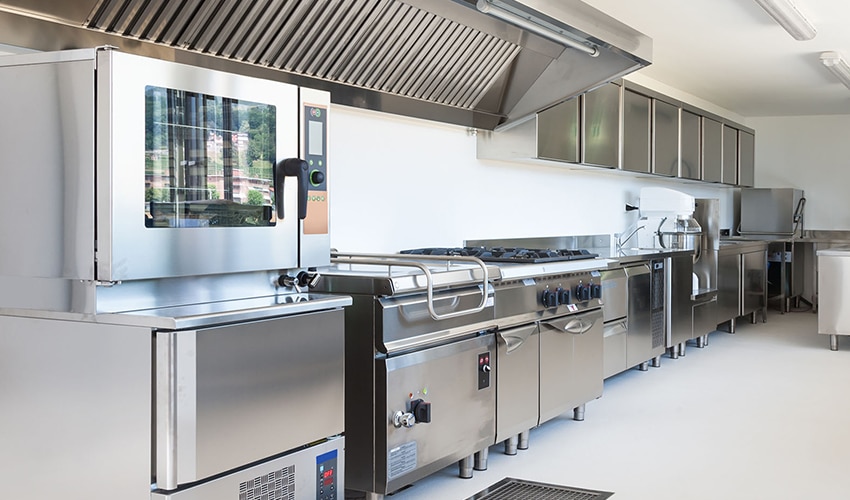
Creating a Safe and Hygienic Environment
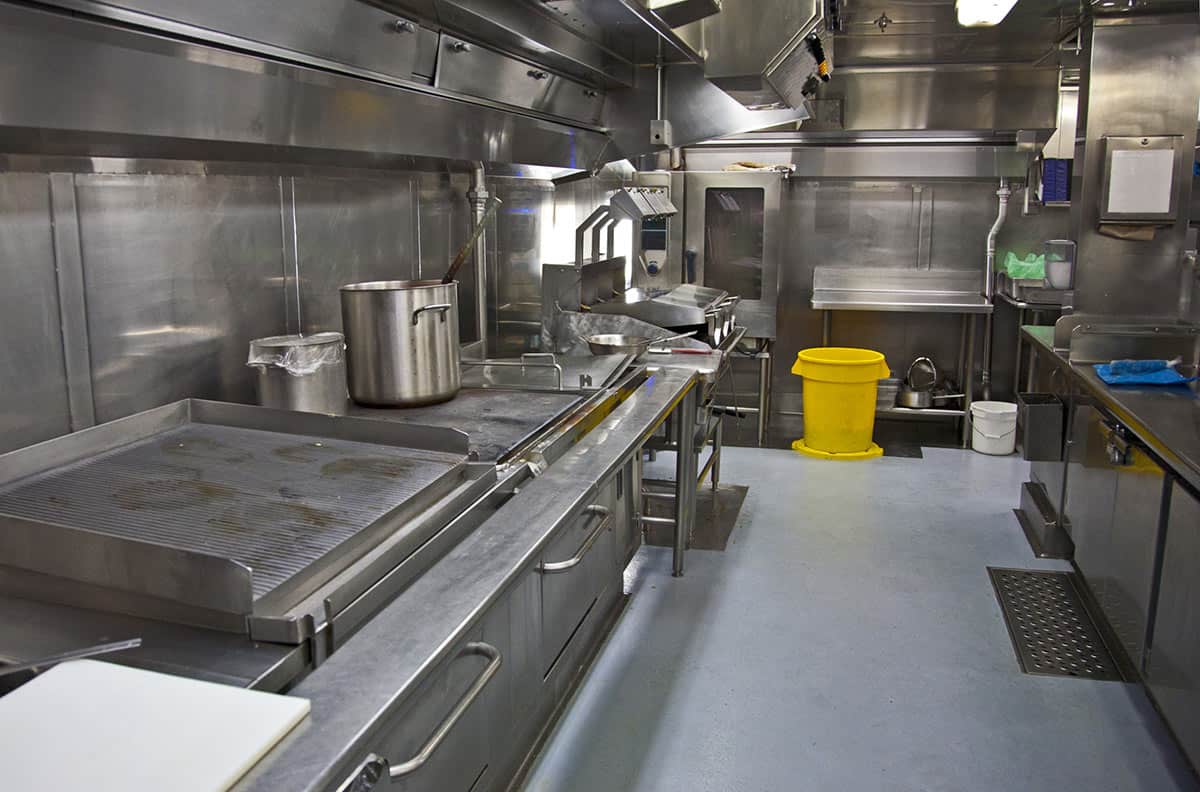 When it comes to designing a commercial kitchen, there are many factors to consider. From the layout to the equipment, every aspect plays a crucial role in the smooth operation and success of the kitchen. One aspect that is often overlooked but is essential for a functional and safe kitchen is the choice of wall and floor coverings.
Commercial kitchen wall and floor coverings
are not just about aesthetics; they also play a significant role in creating a safe and hygienic environment for food preparation.
When it comes to designing a commercial kitchen, there are many factors to consider. From the layout to the equipment, every aspect plays a crucial role in the smooth operation and success of the kitchen. One aspect that is often overlooked but is essential for a functional and safe kitchen is the choice of wall and floor coverings.
Commercial kitchen wall and floor coverings
are not just about aesthetics; they also play a significant role in creating a safe and hygienic environment for food preparation.
Preventing Cross-Contamination
 In a busy commercial kitchen, cross-contamination is a constant concern. With different types of food being prepared and cooked in the same space, it is crucial to have proper
wall and floor coverings
that can resist and prevent the spread of bacteria and germs. Smooth, non-porous surfaces are ideal as they are easy to clean and maintain, reducing the risk of cross-contamination. Additionally,
commercial kitchen
coverings should be resistant to chemicals and food stains, ensuring a clean and sanitary environment at all times.
In a busy commercial kitchen, cross-contamination is a constant concern. With different types of food being prepared and cooked in the same space, it is crucial to have proper
wall and floor coverings
that can resist and prevent the spread of bacteria and germs. Smooth, non-porous surfaces are ideal as they are easy to clean and maintain, reducing the risk of cross-contamination. Additionally,
commercial kitchen
coverings should be resistant to chemicals and food stains, ensuring a clean and sanitary environment at all times.
Durability and Longevity
 A commercial kitchen is a high-traffic area, with constant movement and heavy equipment being used. This can take a toll on
wall and floor coverings
if they are not designed to withstand such conditions. Investing in high-quality, durable coverings will not only save money in the long run but also ensure a safe and functional workspace.
Commercial kitchen
coverings should also be able to withstand high temperatures, moisture, and frequent cleaning without deteriorating, warping, or cracking.
A commercial kitchen is a high-traffic area, with constant movement and heavy equipment being used. This can take a toll on
wall and floor coverings
if they are not designed to withstand such conditions. Investing in high-quality, durable coverings will not only save money in the long run but also ensure a safe and functional workspace.
Commercial kitchen
coverings should also be able to withstand high temperatures, moisture, and frequent cleaning without deteriorating, warping, or cracking.
Enhancing Design and Aesthetics
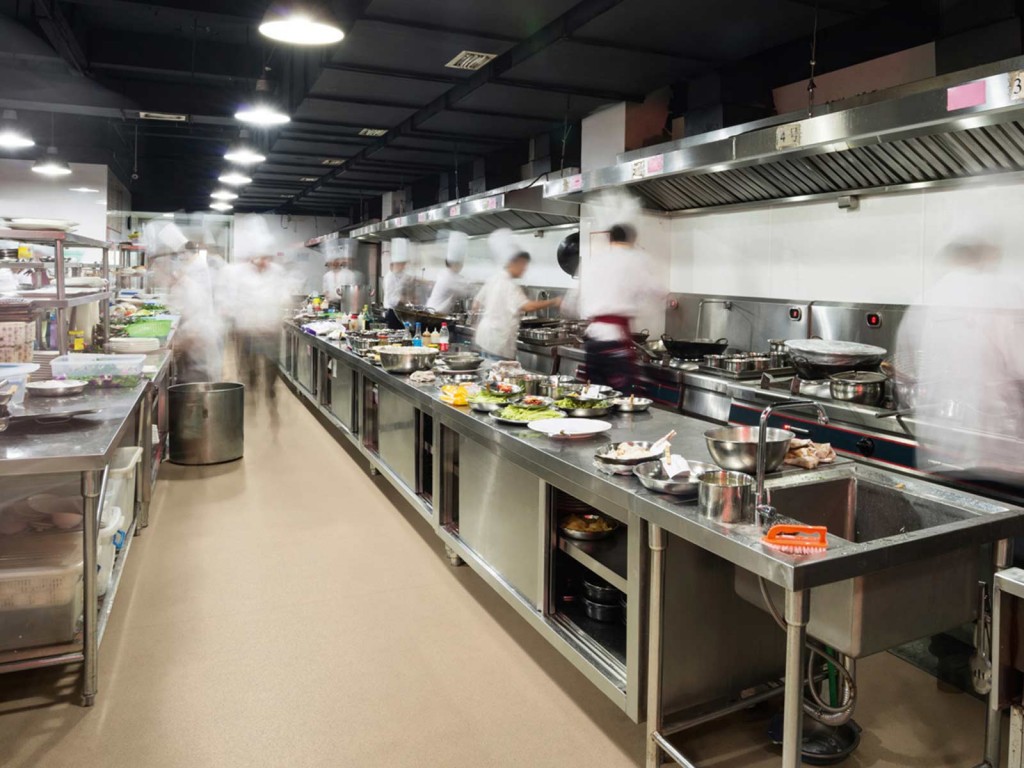 While functionality and safety are crucial, the design and aesthetics of a commercial kitchen should not be neglected. The right choice of
wall and floor coverings
can enhance the overall design of the kitchen, creating a visually appealing and professional space. With a variety of materials, colors, and patterns available, it is easy to find coverings that will complement the overall theme and style of the kitchen.
In conclusion,
commercial kitchen wall and floor coverings
are an essential aspect of designing a functional and safe kitchen. From preventing cross-contamination to enhancing the overall design, the right choice of coverings can make a significant difference in the success of a commercial kitchen. When selecting coverings for your kitchen, it is crucial to consider durability, hygiene, and aesthetics to create a space that is not only functional but also visually appealing.
While functionality and safety are crucial, the design and aesthetics of a commercial kitchen should not be neglected. The right choice of
wall and floor coverings
can enhance the overall design of the kitchen, creating a visually appealing and professional space. With a variety of materials, colors, and patterns available, it is easy to find coverings that will complement the overall theme and style of the kitchen.
In conclusion,
commercial kitchen wall and floor coverings
are an essential aspect of designing a functional and safe kitchen. From preventing cross-contamination to enhancing the overall design, the right choice of coverings can make a significant difference in the success of a commercial kitchen. When selecting coverings for your kitchen, it is crucial to consider durability, hygiene, and aesthetics to create a space that is not only functional but also visually appealing.





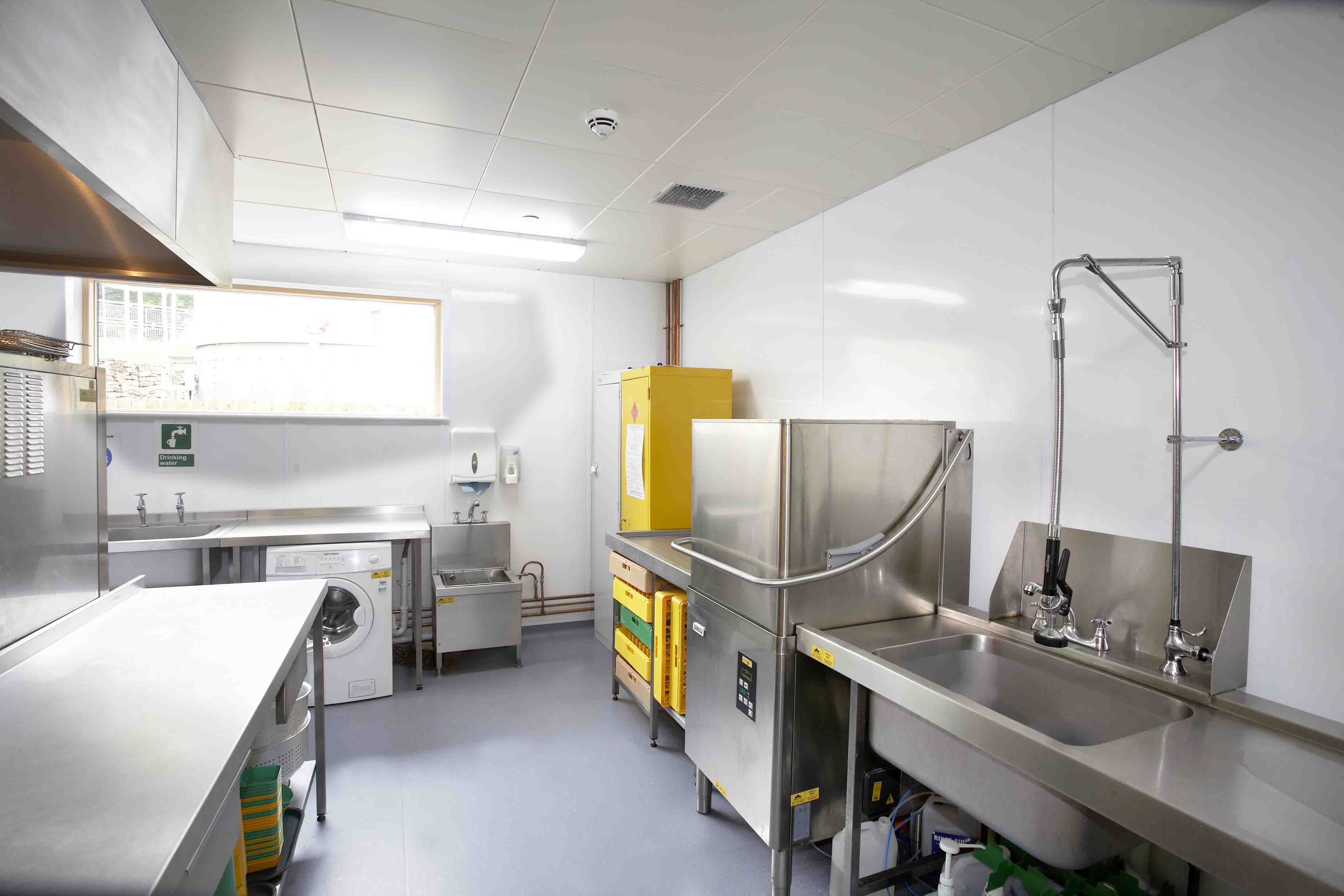
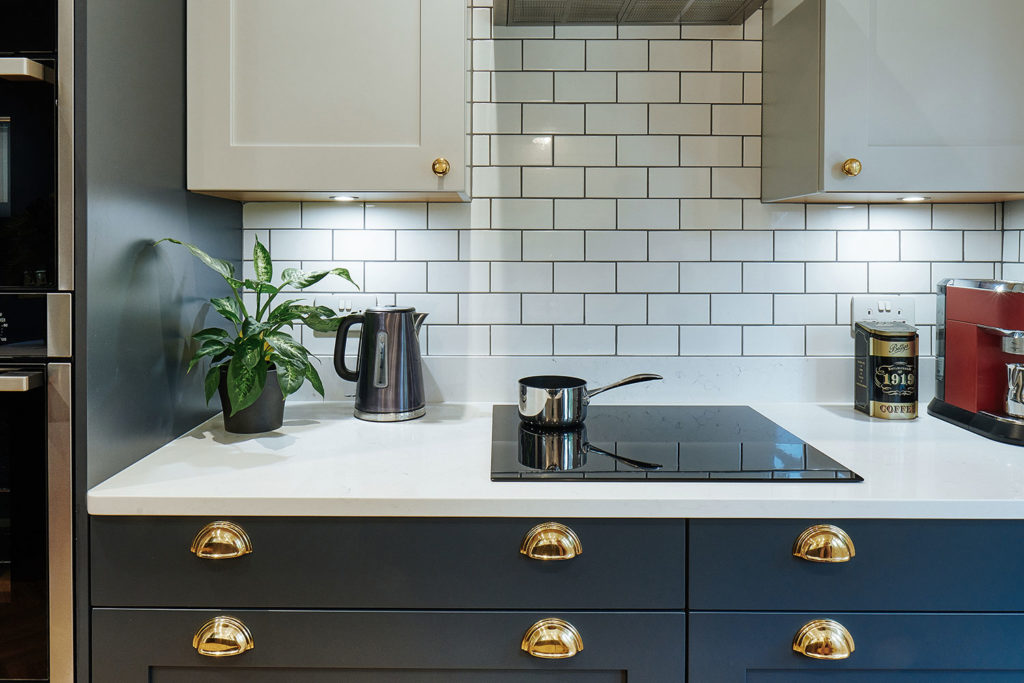







:max_bytes(150000):strip_icc()/GettyImages-84304333-58756bf83df78c17b6dcee50.jpg)



